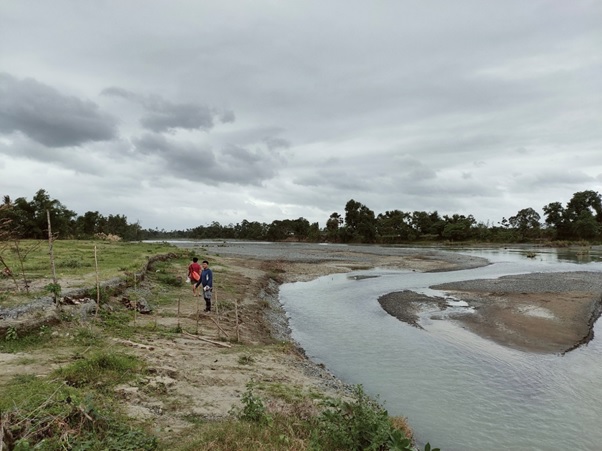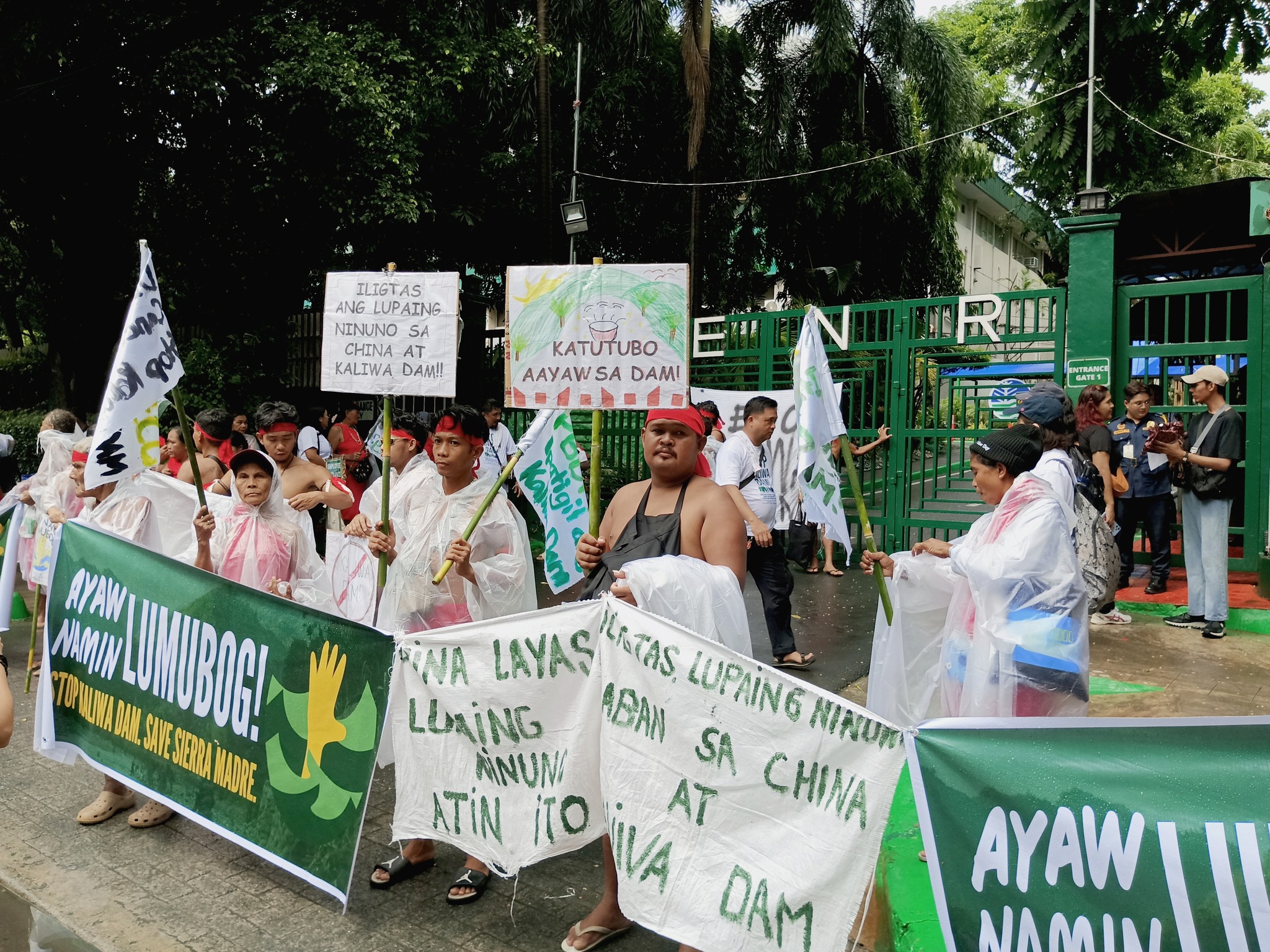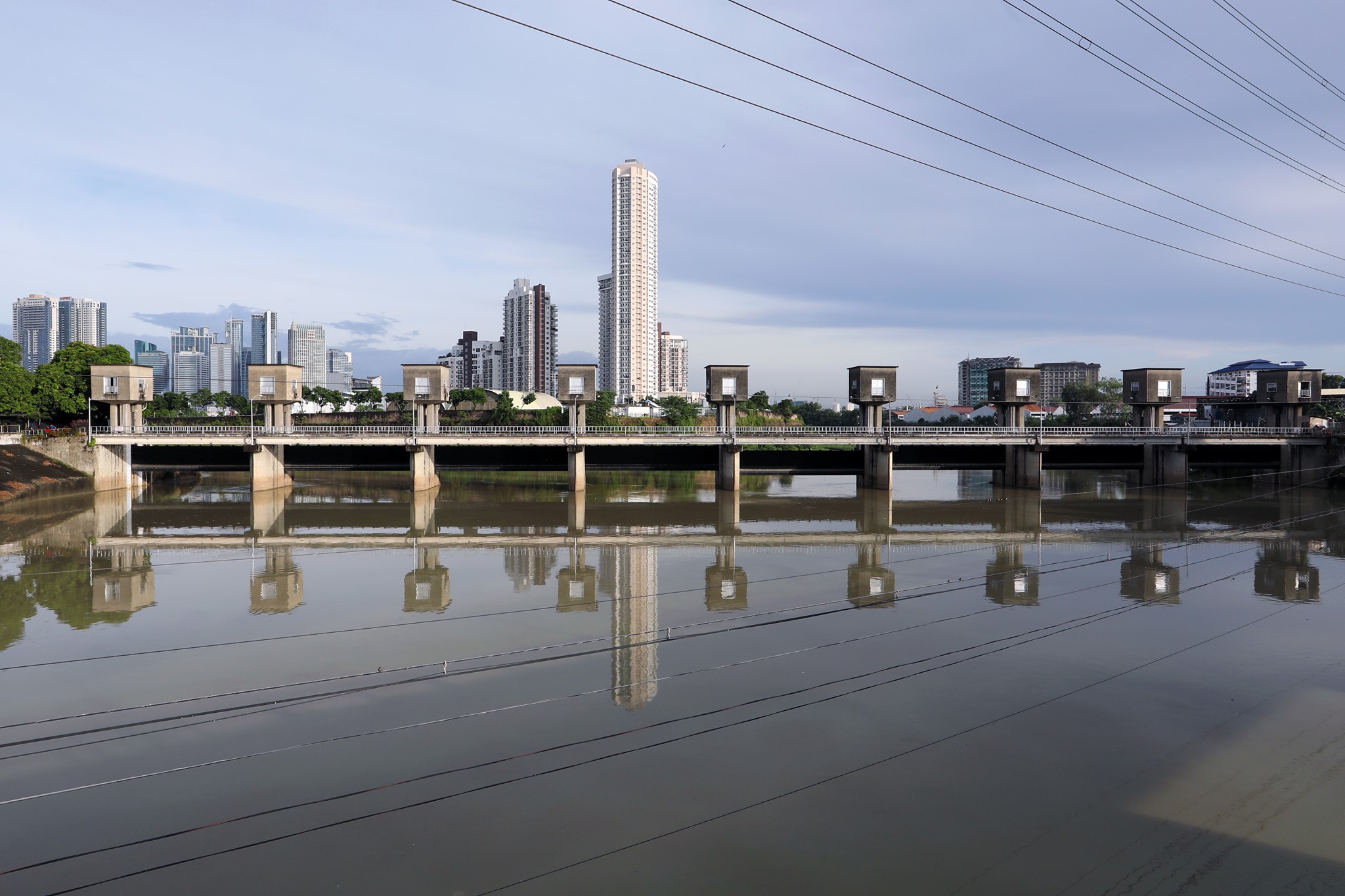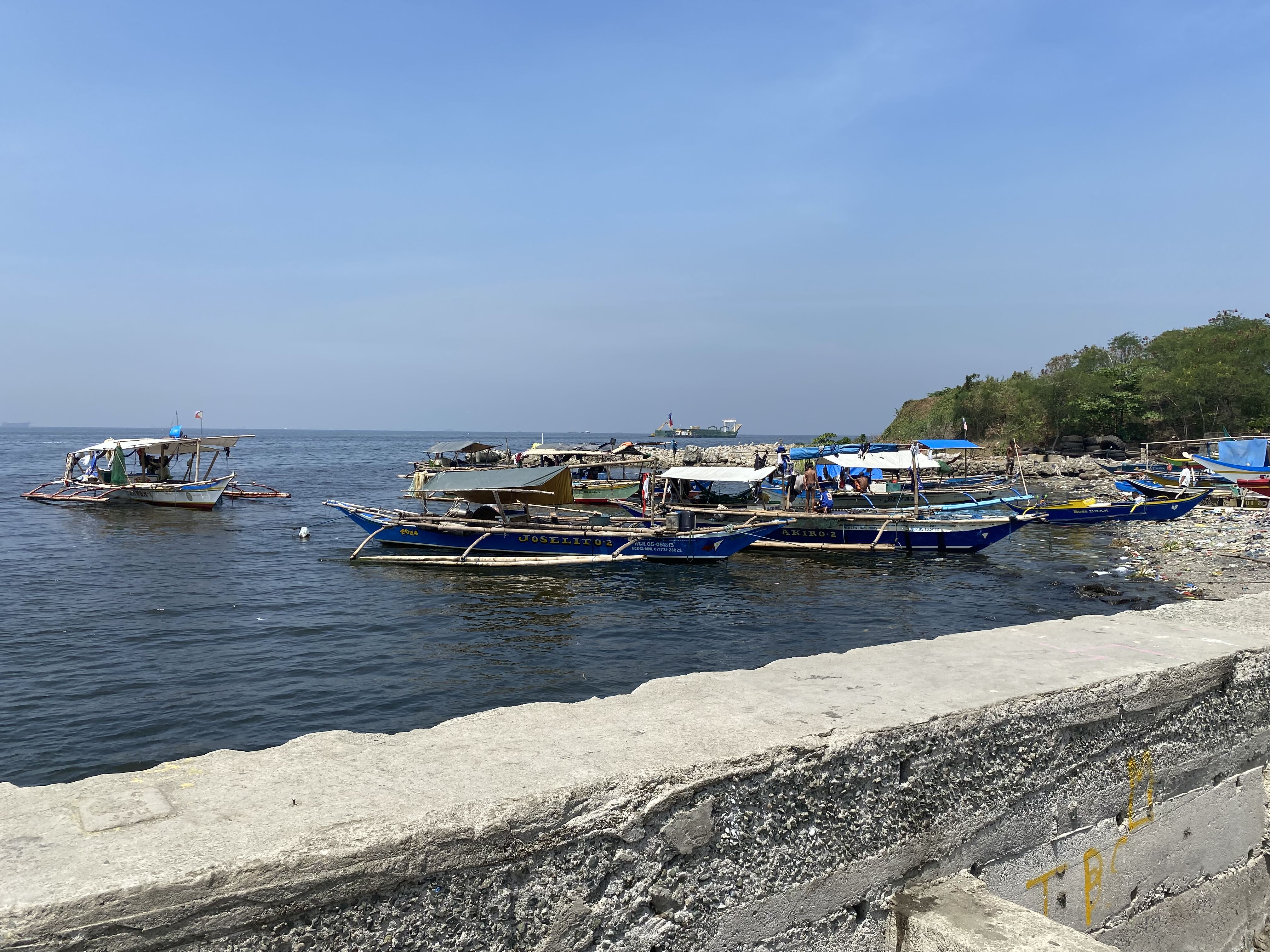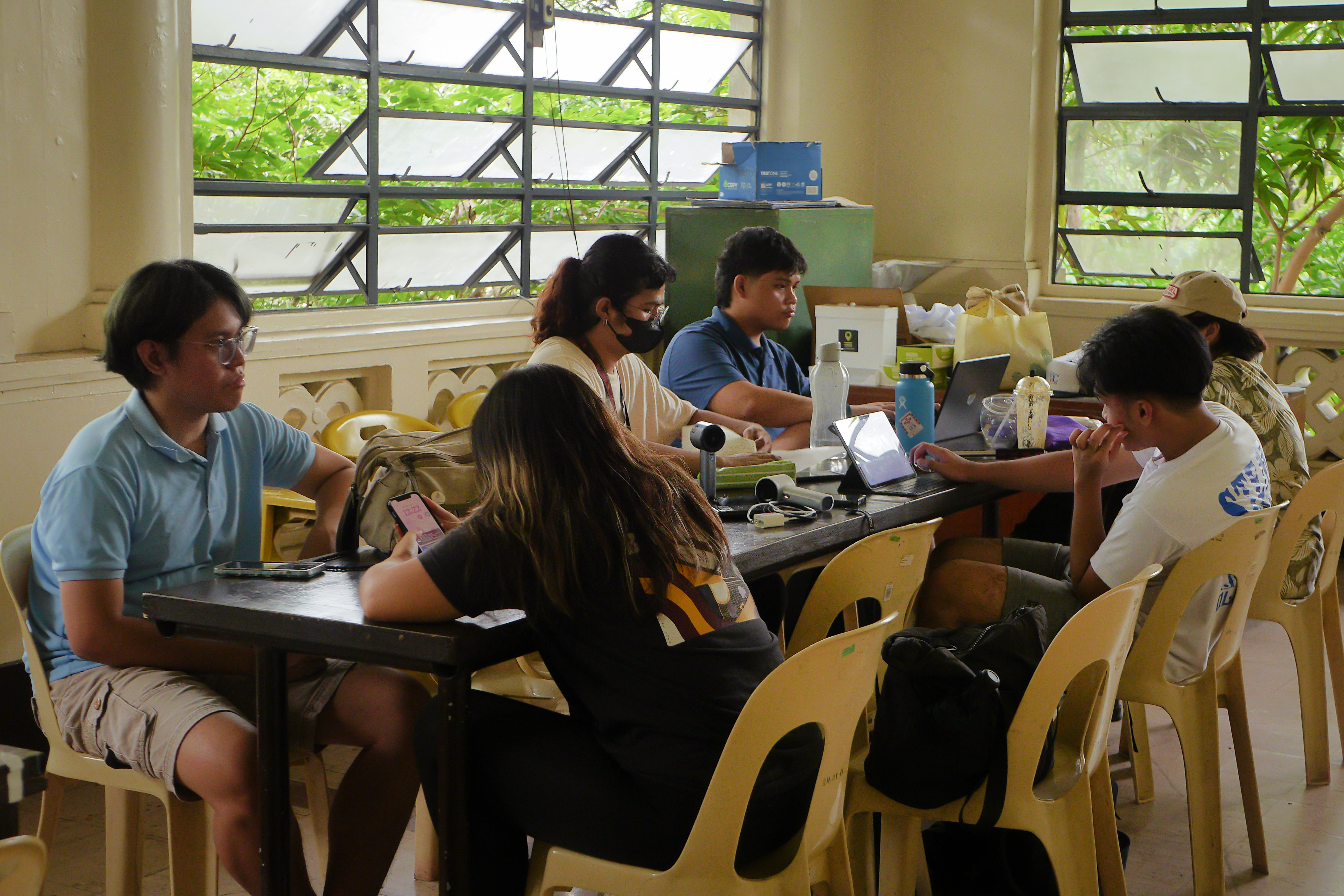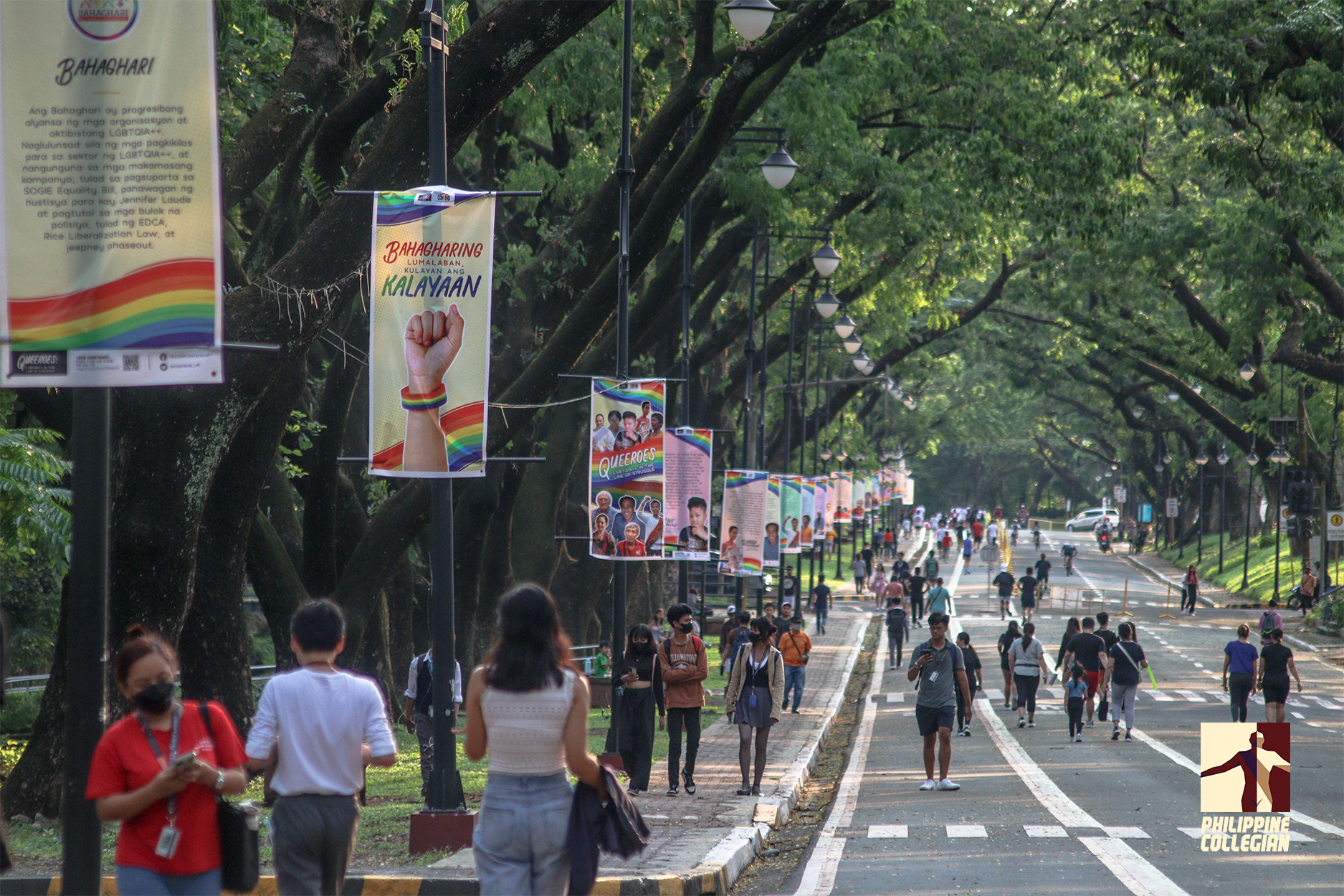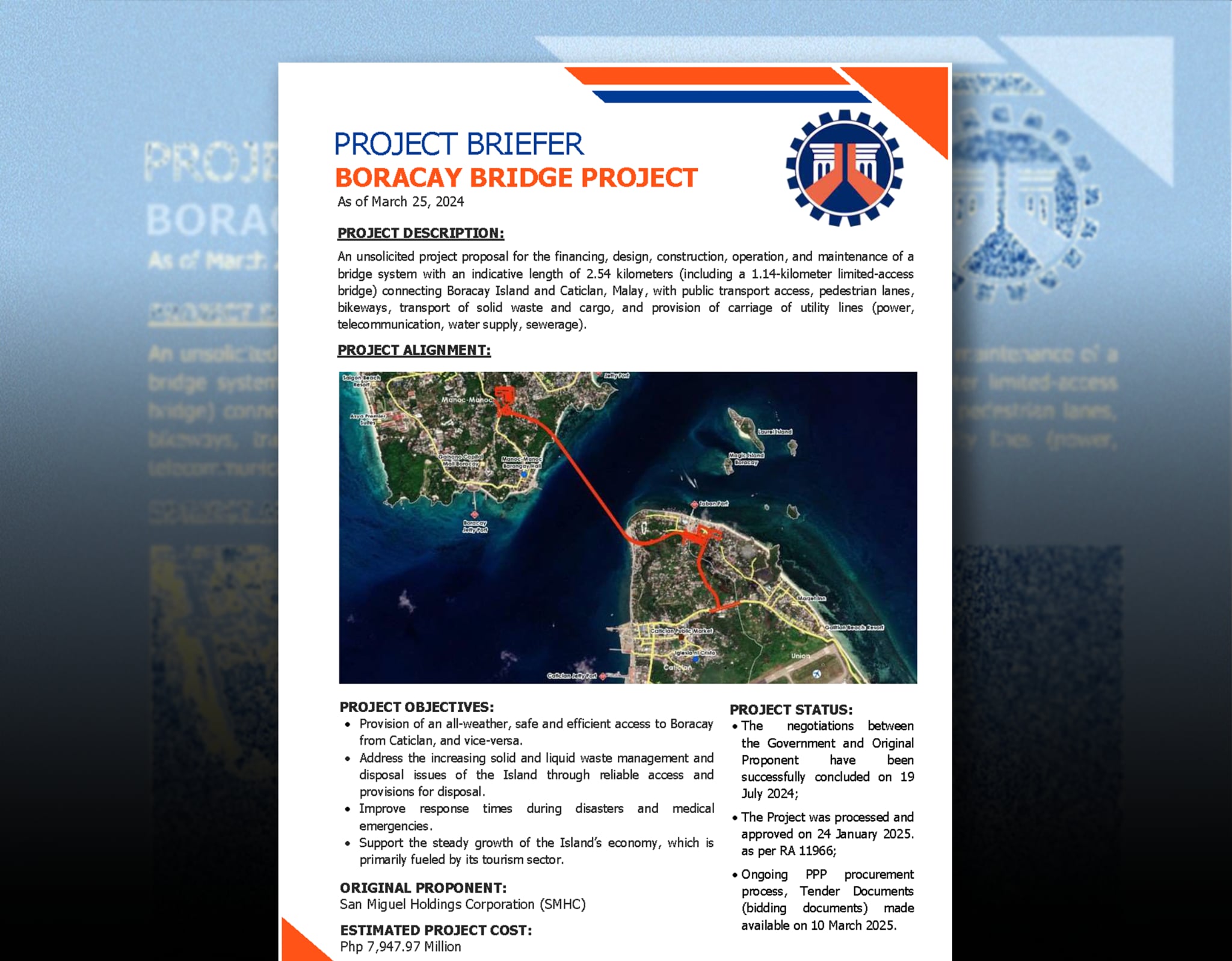Residents of Gloria, Oriental Mindoro condemned the massive dredging project being pushed by their provincial government under the guise of flooding mitigation as unnecessary and questionably legal.
Flooding is not a problem in the area because the river water returns to the shore after a while, according to residents’ accounts shared during a public consultation on June 12. It was only after dredging operations began, which involve the extraction of marine sand from the Balete River in Gloria, that water started reaching their houses due to coastal erosion, resulting from the diminishing sand.
Because project proponent Southern Concrete Industries Inc. will shoulder the cost, Governor Humerlito Dolor said it is a “sustainable and cost- free” solution compared to current flood mitigation efforts, which have reached P24 billion.
Aside from the increased chances of flooding, coastal erosion also deprives locals of areas to beach their boats, as stated in the position paper of the Koalisyon Sagip Mindoro and the Gloria Municipal Fisherfolks Federation.
Locals have also noticed the lessening number of fish due to disturbances from the operations, and the destruction of the mangrove forest that protects against strong waves and typhoons.
The provincial government all but admitted that the dredging operations would disrupt locals’ livelihoods, offering alternative livelihood programs to fisherfolk for the six months of the project and scholarships for their children for one school year.
But residents asserted that these are mere band-aid solutions since the impact of the operations will last even after the dredging ends. Fisherfolk in the nearby province of Occidental Mindoro had to stop fishing completely because of a three-year long dredging project that was also disguised as flood mitigation.
Besides the environmental implications, residents of Gloria also questioned the legality of the dredging project.
The extracted sand will be used as material for the construction of the New Manila International Airport in Bulacan. Such an act would be akin to sand mining, which violates the province’s mining moratorium that temporarily prohibits any type of mining activity, said the residents.
The company plans to extract 1.8 million cubic meters of sand—which would take a 10-wheeler dump truck 180,000 trips to transport.
While Dolor asserted that the project is legal because it has secured the necessary permits, and the Mines and Geosciences Bureau and Environmental Management Bureau do not classify the dredging activity as mining, critics pointed out that the government is charging it a tax for quarrying, a type of open-pit mining.
Just last month, the national government ordered an investigation into dredging and reclamation operations in Philippine waters after reports indicated that the extracted sand is being utilized for China’s reclamation projects in the West Philippine Sea. One of the probe’s possible areas of focus is Mindoro.
“What we wanted is a concrete plan for the protection of the environment where the people are part of the decision-making process in all projects impacting the environment,” environmental groups wrote in their position paper in Filipino. ●
First published in the June 28, 2025 print issue of the Collegian.
